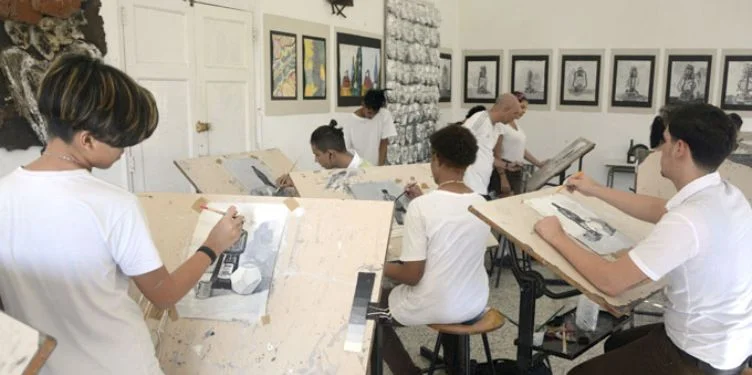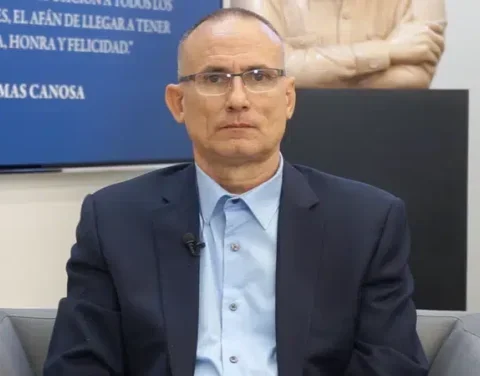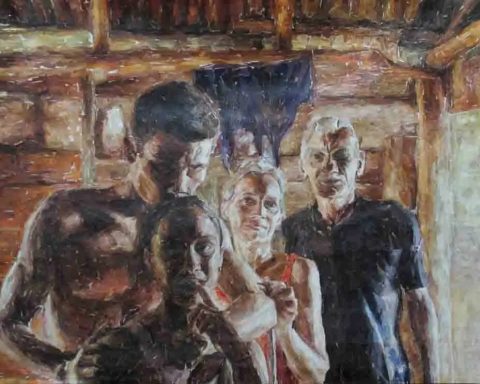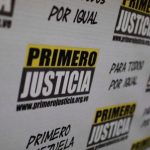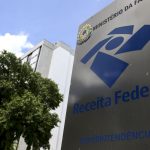HAVANA, Cuba. – The zeal of the Cuban authorities regarding everything related to the education of the new generations is well known. This is a sector that is the exclusive preserve of the State, which uses it for the indoctrination of students, and thus to ensure – at least that is what the machinery of power believes – the ideological adhesion of children and young people to the regime. So it is no coincidence that Castroism prevents foreign investment in the educational sector.
Such a government strategy has been revealed, once again, as a result of the policy to be followed with respect to the new forms of non-state management, especially with regard to the prohibitions imposed on them. SMEsself-employed workers and non-agricultural cooperatives.
In this regard, one of the provisions point out: “The establishment of academies is not approved. Non-state forms of management do not award degrees in any of the teaching modalities nor issue certificates for courses or workshops.” In other words, the doors are closed to these non-state actors to venture into any type of educational task.
The same is true of the artistic sector. One of the provisions states that “artists, whether individually or collectively, are prohibited from exercising their profession for commercial purposes, without state representation.” It also reaffirms that non-state forms of management “are not authorized to create, promote and market catalogues of artists and other art specialties.”
It is not difficult to see the link between this prohibition and the famous Decree 349 of December 2018, which stipulated that no private business could hire artists who were not graduates of the country’s art education system. At the time, the regime argued that the presence of empirically trained artists in such businesses constituted a practice of professional intrusion, which went against the labor rights of graduates of government art schools.
It is worth remembering the adverse opinions that the aforementioned decree uncovered in a large part of society, especially among the artistic community, which warned about the talents that the country could lose due to this measure.
If we look back a little, we can bring up two cases – there are surely many more – of relevant figures in our culture who would have been lost if this Castroist prohibition had always been in force.
The troubadour Manuel Corona, the author of the immortal Longinaand the Barbarian of Rhythm, Beny Moré, were two artists without professional training, who nevertheless gave glory to Cuban culture.
Of course, Castroism does not want professional intruders who do not respond to its interests. But they have had great intruders, such as José Ramón Machado Ventura (a doctor who supervised agriculture and the sugar industry), Ramiro Valdés (a repressor of the MININT who became a leader of the industrial sector), and Haydée Santamaría (head of Casa de las Américas and without cultural training).
Of course, Castroism wants to avoid the international projection, with the consequent relevance that this would have for these entrepreneurs, of any business managed by non-state actors. For this reason, another of the prohibitions establishes that “the non-authorization of the convening and organization of international events is provided for, except for participation in the management and services for the development of such events, at the request of the institution that convenes them.” In other words, the leading role for the state institution, and for the non-state institution the role of assistant or prop man.
